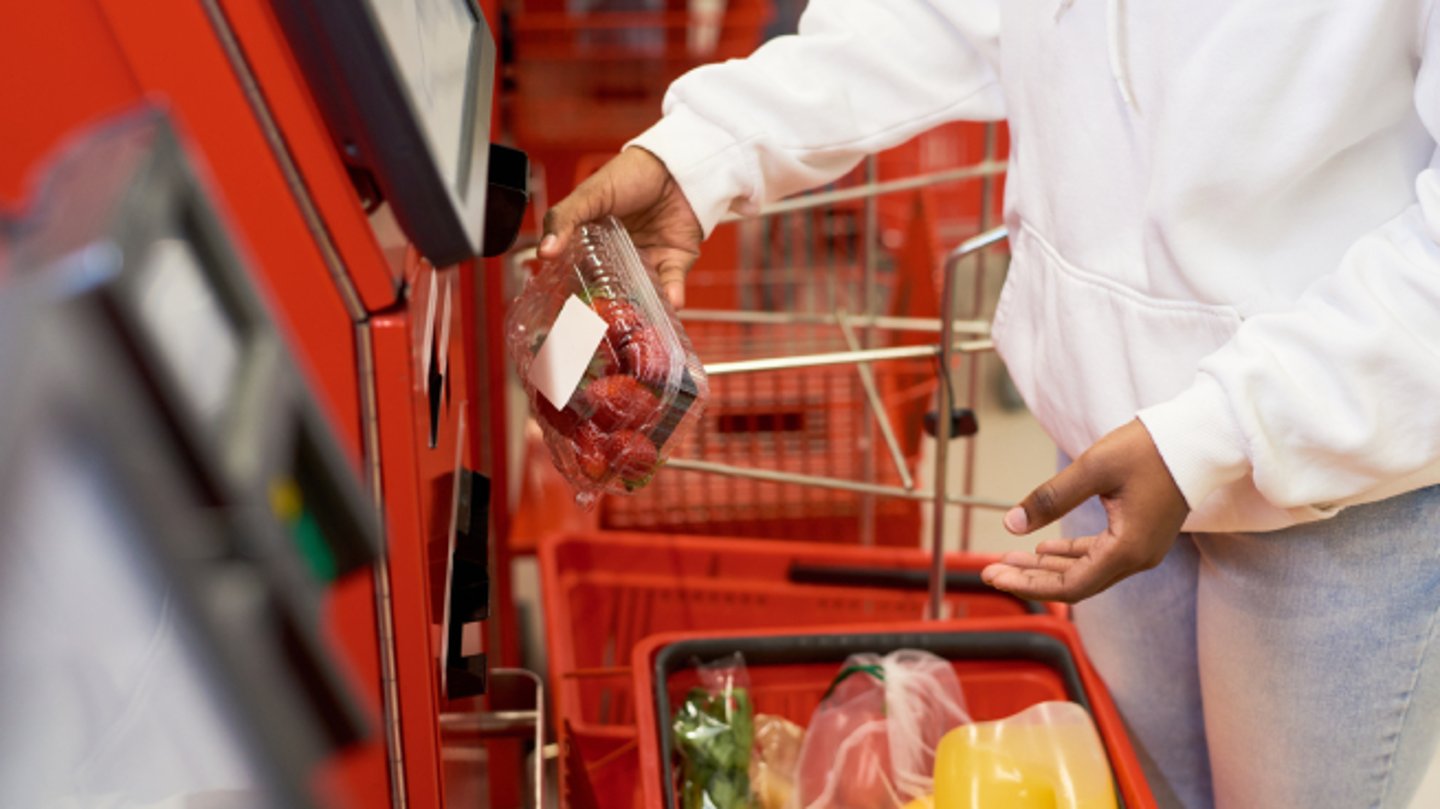Quebec declares war on hidden grocery costs, and Canadians stand to win
Quebec may have taken a notable step this week that warrants attention from other provinces. By introducing Bill 72, Quebec Justice Minister Simon Jolin-Barrette has moved toward increased pricing transparency in both grocery stores and restaurants—an initiative that’s long overdue.
The bill’s impact on grocery stores is significant. If passed, it will require taxable food items to be clearly identified at the point of sale. Currently, the average Canadian grocery store has more than 4,600 taxable products, but most consumers are unaware of which items are taxed, as few scrutinize their receipts closely. In Quebec, where sales taxes can add over 15% to the cost of taxable goods, this oversight has notable consequences. To contextualize, this tax increase is equivalent to four to five years’ worth of inflation in one shot. The rise of shrinkflation—where products become smaller—further complicates matters, as many items that were previously non-taxable, such as snacks, now fall into taxable categories. As a result, products like ice cream and granola bars, which were tax-exempt last year, are now subject to tax.
While the ethical debate on taxing food remains outside the scope of this discussion, Quebec’s effort to enforce clearer price disclosure is commendable. In addition to requiring clarity on taxable items, grocers will need to differentiate between member and non-member pricing, a response to the increasingly complex loyalty programs offered by retailers. The bill also introduces standardized unit pricing based on quantities like 100ml or 100g, across all food categories. This uniform approach will streamline price comparisons, benefiting both consumers and enhancing market efficiency.
Another important reform targets price accuracy. The Retail Council of Canada’s Scanner Price Accuracy Code, implemented decades ago, protects consumers from pricing errors at checkout. If an item scans at a higher price than listed, the customer is entitled to a price adjustment. For items under $10, the product is given for free, while for items over $10, customers receive a $10 discount. However, inflation has pushed a growing percentage of grocery items well beyond the $10 threshold, with estimates suggesting that 15% to 25% of items now exceed this price point. To address this, Bill 72 raises the threshold to $15, better aligning with current price levels and ensuring continued consumer protection.
Crucially, these reforms do not impose additional costs on grocers and can be implemented swiftly. From an operational standpoint, the changes are minimal, requiring only procedural adjustments. Extending these measures across Canada would yield widespread consumer benefits with little disruption to retailers.
READ: Canada’s inflation rate fell to 2.5% in July, lowest since March 2021
Bill 72 also seeks to reform tipping practices, an area that has seen growing discontent among consumers. The increasing prevalence of tipping prompts in payment terminals has led to what is often referred to as "tipping fatigue," where consumers feel pressured to tip without fully understanding how much they are adding. The bill aims to simplify the process by requiring tips to be calculated on pre-tax amounts, rather than including provincial and federal sales taxes. This change, if passed, would bring clarity to tipping and provide relief to consumers.
The food service industry’s silence on the tipping issue has been notable. For years, despite rising consumer dissatisfaction, the industry has failed to lead on this issue. With Bill 72, the Quebec government is stepping in, and it wouldn’t be surprising if other provinces follow suit.
Overall, the regulatory costs of implementing these changes are minimal, and most of the reforms are principle-based, necessitating only slight operational shifts. Quebec’s leadership on this front sets a valuable precedent, and it is time for other provinces to take note. These reforms are not only beneficial but essential for maintaining consumer trust and promoting fairness in the marketplace.






